I’m possible
Developing and maintaining positive energy involves the anticipation of good and the belief that all things –situations, obstacles and difficulties – will work out favourably in the end.Perhaps no other organisation in the world embodies these elements as powerfully as LUI Che Woo Prize for World Civilisation – Positive Energy Prize winner, the International Paralympic Committee (IPC).
The Paralympic movement believes in using its global position and influence to challenge the stigma attached to disability, empower the social transformation and make a more inclusive society for all.
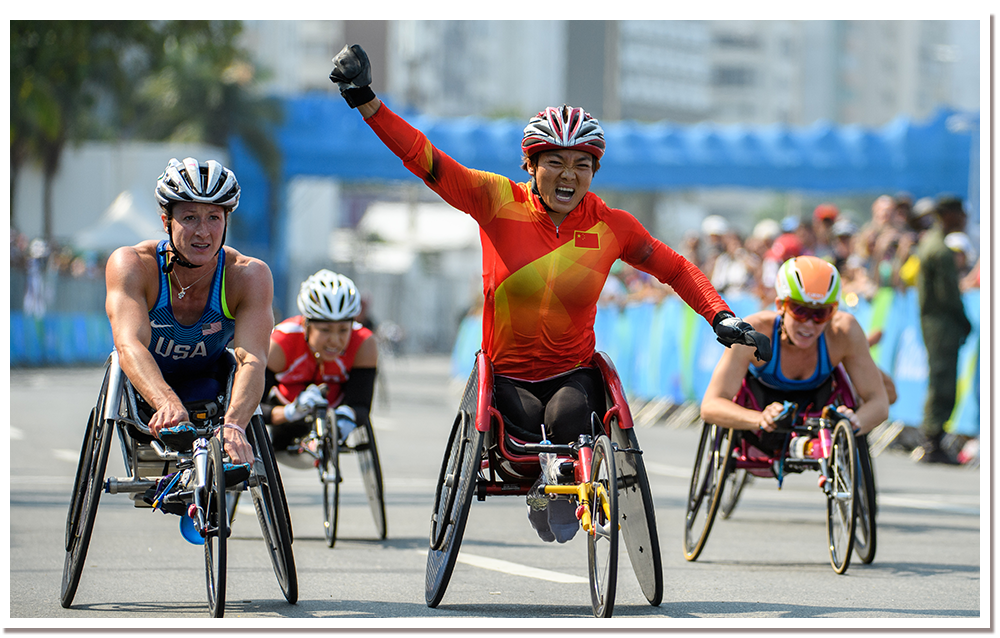
Restoring pride
The history of the Paralympics began in 1948 at the Stoke Mandeville hospital in England, which at the time was focused on rehabilitating war veterans.
Sir Ludwig Guttman, a Jewish neurosurgeon who was forced to flee Nazi Germany, was looking for a way to help his paraplegic patients recover more quickly and find their dignity and place in society.
He began organising sporting events to coincide with the Olympics, which were being held in London and unwittingly sparked a global movement. The IPC itself was founded more than 40 years later in Germany in 1989 and has grown from a small disability sports organisation into one of the world’s most respected bodies, making the Paralympic Games comparable to the Olympic Games.
Using the positive to create the possible
“ If everyone can endure training at a certain intensity, then why should you be the champion.” —– World Para Powerlifting Champion Zhe Cui. She has three Paralympic silver medals and two World Championship titles and is now eyeing Paralympic gold. At the age of two, Cui was struck down with polio and lost the use of her legs. She says her parents didn’t have high expectations from her and wondered what she would do in life.
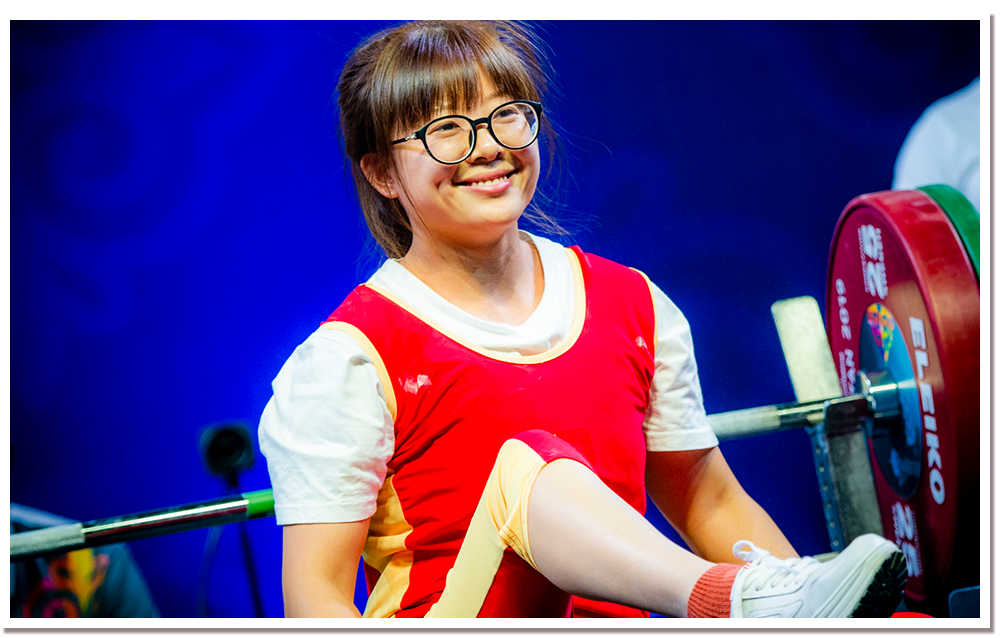
However, being forced to move around all through childhood using just her upper body, she realised she had powerful strength. She was determined to become an athlete after graduating from junior middle school despite opposition from her parents who wanted her to continue to university.
Now she is considered one of the world’s best powerlifters and is training hard for the next event. “If everyone can endure training at a certain intensity, then why should you be the champion?” she asks.
Cui is one of the athletes profiled in the Netflix documentary, Rising Pheonix, which examines how the games promote a global understanding of disability, diversity and excellence.
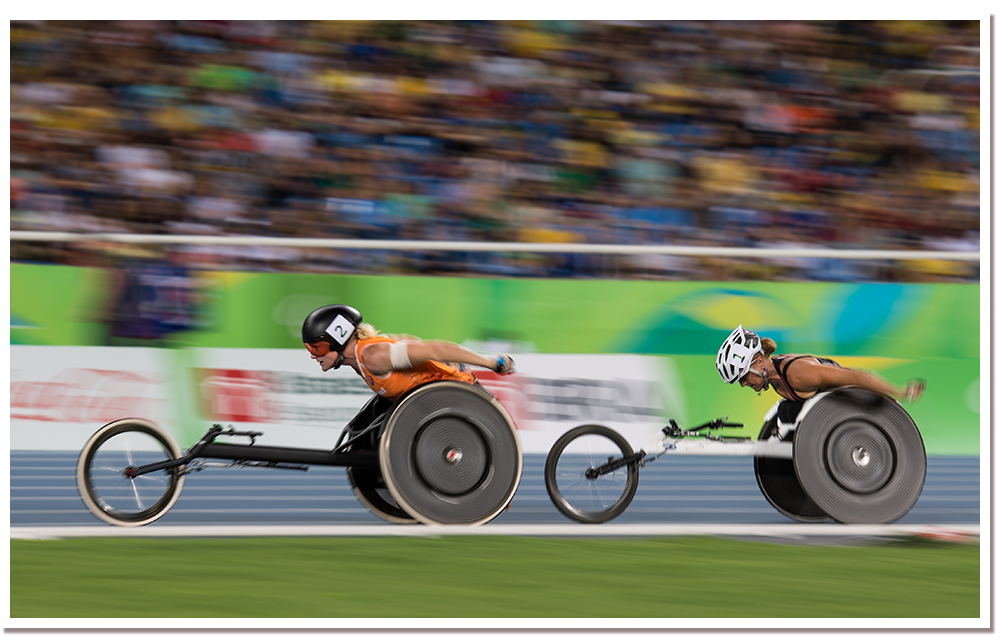
Overcoming the odds
Aliya Rayeva is a member of the national Para athletics team of Kazakhstan and who exemplifies strong will and determination.
Born with cerebral palsy, Rayeva spent her initial years in a state orphanage before arriving at the SOS Children’s Village in Almaty in 1996 at the age of five. SOS Children’s Villages is the largest non-governmental organisation, focused on supporting children without parental care, or in families at risk. She underwent three major leg surgeries as a child and doctors were not sure if she would ever walk. But thanks to the support of the SOS, Rayeva started the long process of rehabilitation. She not only walked again, but went onto become a Para athlete. She is a social activist and volunteer, helping single mothers with emotional counselling.
Spreading the message
The International Paralympic Committee won the LUI Prize in 2017 for its contribution in promoting harmony amongst diverse groups.
The LUI Prize is unique among international awards in its celebration of the power of positivity, with a specific category dedicated to positive energy. The LUI Prize explains that the IPC has inspired and offered hope to many, making what once seemed impossible, possible. The IPC now has an education programme entitled I’m possible to spread its message around the globe and to challenge perceptions of how young people perceive those with impairments.
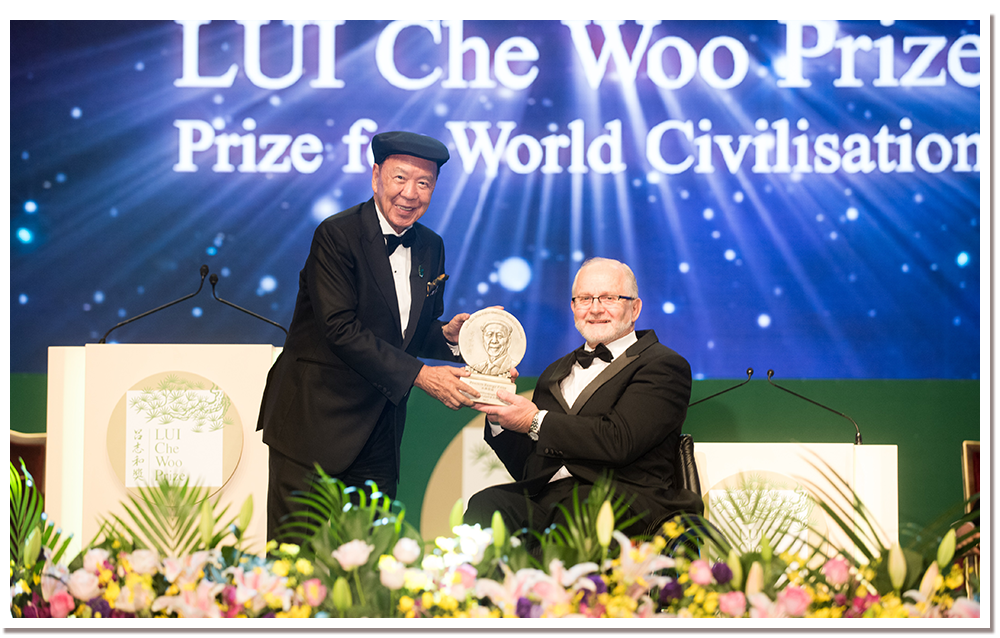
The name of the programme was inspired by a moment from the 2014 Sochi Winter Paralympics. During the closing ceremony, a large banner appeared floating across the roof of the stadium with the word “impossible.”
Paralympic rowing champion Alexey Chuvasec climbed a 15-metre rope to the top of the lettering to drop in the apostrophe between the I and the M, enforcing the idea people can achieve anything they want.
I’mpossible is a kit of educational tools designed to help teachers engage children between the ages of 6 and 12. The kit includes a teacher handbook, 15 easy lesson plans and six short, inspirational films. The programme is designed to be flexible and can be adapted according to the resources available to the individual schools. Access to digital learning can enhance the process, but the programme runs equally as well with a paper or pencil, the IPC says.
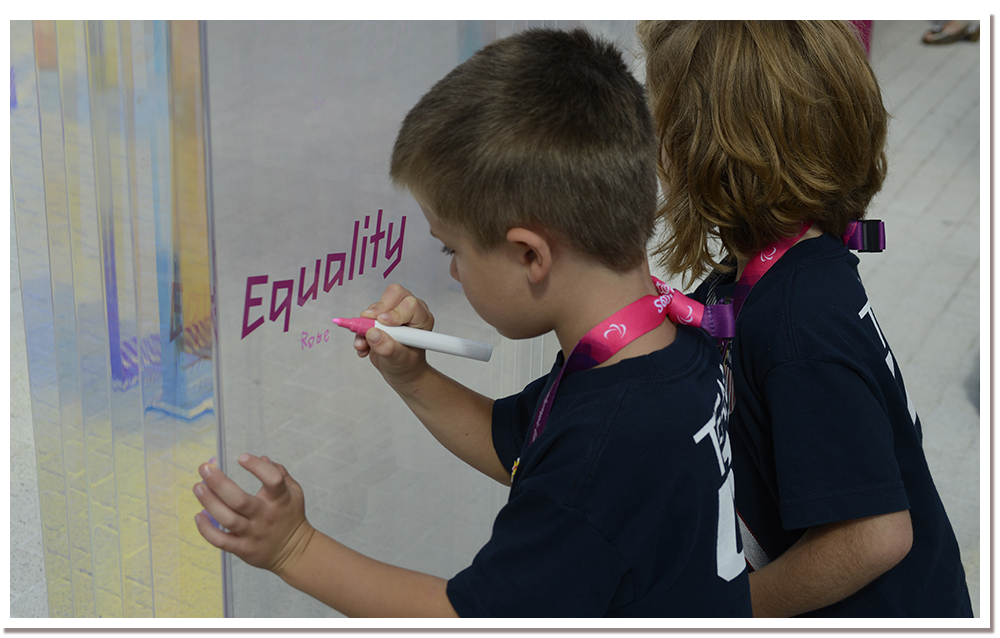
Targeting youth to build a better future
The IPC has a particular focus on children as they will be the future decision makers in their respective countries and will have the power to change society.
The organisation recognises that sport is a particularly effective way of engaging with youth, as it also transcends social and cultural barriers. “So the earlier we can get to them, we can infuse them with Paralympic sports, helping to change mentalities and say, Look, these guys can do what they want,” IPC President Andrew Parsons said in an interview on the organisation’s website. “They are top athletes, a top businessman, a top friend, a top father, a top mother. They can do whatever they want, they are like everyone else.”
This year it was to have been Tokyo’s turn to host the Olympics and Paralympics and highlight sporting greatness, but Covid-19 has forced the cancellation of the event which will now be held in August next year.
While the cancellation was a huge disappointment for all athletes involved, it has also provided the IPC with the opportunity to reevaluate the way it operates.
Creating a new model
“In Para badminton they cater for many different types of disability, so you’ll have amputees, you’ll have wheelchair athletes and more. It’s incredible action, so I’m really looking forward to it,” Parsons said. “And Para taekwondo is a martial art for amputees. So in terms of the level of skill – how fast they are – it’s an amazing sport and it’s incredible to watch.”
Another feature of the Tokyo games will be an expanded refugee team. Two refugee athletes competed in the last event in Rio de Janeiro and IPC is currently working with international federations to identify refugee athletes and their sports.
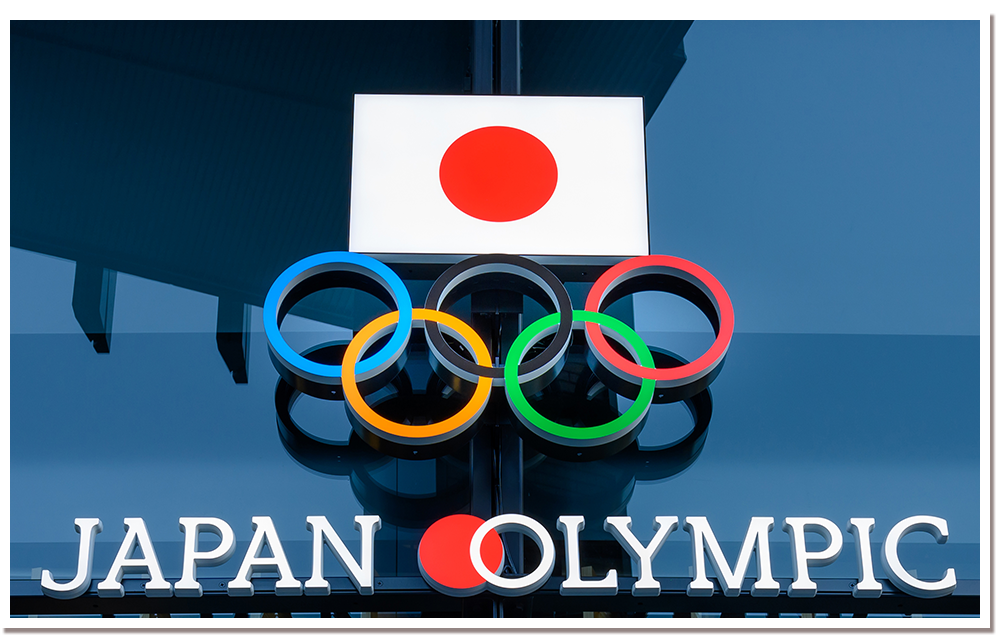
“We are appointing a very strong supporting team for them, so we want them to compete at their best. So we will provide the best infrastructure for the athletes, so they only think about training and preparing under the circumstances we are facing,” Parsons said.
The opening ceremony of the games next year is likely to be a highly symbolic moment that the world has put the pandemic behind it.
“When the Paralympic Games do happen in Tokyo next year, they will be a spectacular global celebration of humanity coming together again as one. The Paralympic Movement is based on people overcoming adversity, and this is what we will do next year,” Parsons said.
